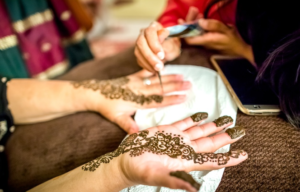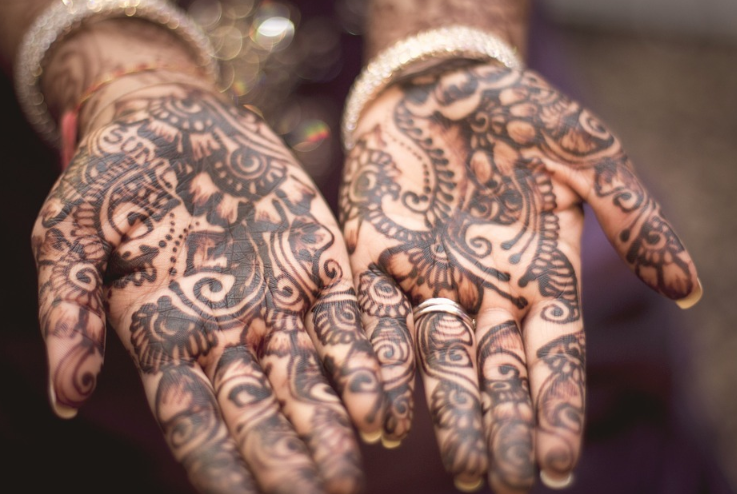What You Must Know About Henna Use in Cosmetics
Henna comes from Asia. It is a method of dyeing by using a mixture of the henna plant (Lawsonia inermis) with other ingredients that make the color last longer. In the past, this coloring is meant for casting evil spirits, showing a person’s social status, and making a corpse look like it is alive. That last fact probably disturbs you, but ancient Egyptians believed that a person’s deceased body would make its way to the afterlife. Hence, they put cosmetics on them.
Today, henna use is prevalent in cosmetics too. Aesthetic establishments have recognized it as a painless ad effective alternative to permanent makeups, such as microblading or tattooing.They can last up to 14 days too! If this cosmetic technique interests you, let’s learn further.
Precautions
 Before you proceed to believe that henna compounds are all-natural since they are made of plants, we’d like to warn you that they are not. You have to be careful with the pitch-black henna, since it may contain PPD (phenylenediamine), a chemical substance that can cause severe skin allergy. There are limits to which colors a henna dye can achieve, and they usually come in shades of brown and red. Henna dyes cannot create intense colors.
Before you proceed to believe that henna compounds are all-natural since they are made of plants, we’d like to warn you that they are not. You have to be careful with the pitch-black henna, since it may contain PPD (phenylenediamine), a chemical substance that can cause severe skin allergy. There are limits to which colors a henna dye can achieve, and they usually come in shades of brown and red. Henna dyes cannot create intense colors.
Therefore, being natural and organic alone does not necessarily mean that the substance is safe to use. If you want to apply a henna product, it will be better to come directly to the shop and try a bit of it on your skin to see if you are allergic. Moreover, different skin areas may have different reactions. Therefore, be more careful if you plan to put the henna on your sensitive parts.
The Removal Techniques
 Once applied, henna can last up to 14 days and more, depending on your bathing habit and the type of soap that you use. If the soap contains olive oil, it can help to fade the henna faster. Therefore, use olive oil and cotton balls if you want to remove your henna from your skin. Using toothpaste is known to be effective as well, although it may require extra scrubbing on the skin.
Once applied, henna can last up to 14 days and more, depending on your bathing habit and the type of soap that you use. If the soap contains olive oil, it can help to fade the henna faster. Therefore, use olive oil and cotton balls if you want to remove your henna from your skin. Using toothpaste is known to be effective as well, although it may require extra scrubbing on the skin.
Another known method is to use salted water. This technique is quite similar to using toothpaste for removal, but it is relatively dangerous if you use it on your brows. Although nothing fatal can happen, salted water can indeed irritate your eyes.
Salons’ Henna vs. DIY
 Drawing henna patterns on your skin may look like it’s easy, but in reality, those artists have trained themselves for years. It is always possible for you to learn drawing the henna patterns yourself, but if you attempt to impress some people, and you are in a hurry, visiting a henna salon will be the most reasonable step to take.
Drawing henna patterns on your skin may look like it’s easy, but in reality, those artists have trained themselves for years. It is always possible for you to learn drawing the henna patterns yourself, but if you attempt to impress some people, and you are in a hurry, visiting a henna salon will be the most reasonable step to take.
Moreover, as hinted above, you need to be careful with ready-to-use henna paste. Read some reviews about the brand on the Internet first before you decide to apply it.…
